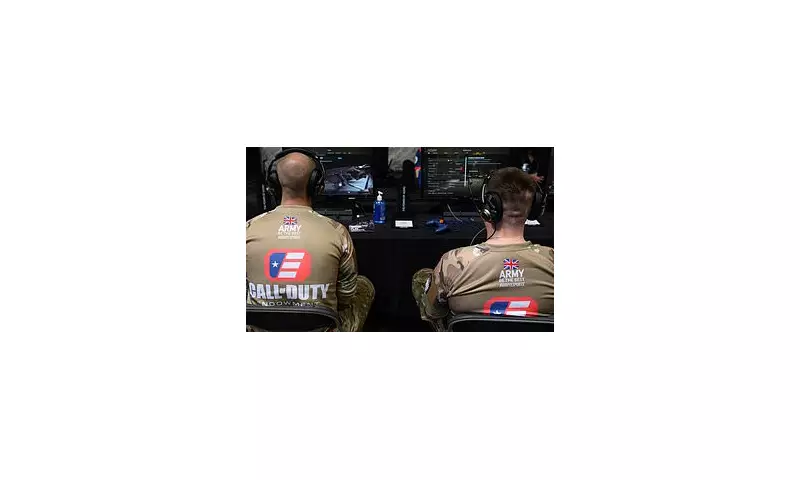
The British Army has officially integrated popular video games, including the widely-known Call of Duty franchise, into its core training programmes, a senior military chief has revealed. This strategic move is designed to enhance the war-fighting readiness of troops, with the digital skills acquired proving directly applicable to modern combat scenarios, particularly the operation of drones.
From Console to Combat: The New Training Ground
According to General Sir Tom Copinger-Symes, the deputy commander of Cyber and Specialist Operations Command, the ongoing conflict in Ukraine has served as a powerful real-world demonstration of why these skills are critical. Remote-operated drones have become a vital component of modern warfare, and the abilities honed through gaming are directly transferable to these systems.
"Lessons from conflicts, including Ukraine, have demonstrated the real-world value of gaming technology in training drone operators and enhancing cyber capabilities," General Copinger-Symes stated. The Ministry of Defence elaborated that competitive gaming allows soldiers to develop a suite of essential skills, including:
- Improving accuracy and reflexes
- Tracking multiple threats simultaneously
- Directing soldiers on the ground from a command perspective
- Adapting tactics rapidly during conflict
- Performing effectively under intense pressure
This initiative is not entirely new, as soldiers already utilise virtual reality simulations and controllers similar to those found on commercial video game consoles to operate certain military technologies.
International Defence Esports Games Launched
In a significant endorsement of this approach, the UK officially recognised esports as a military sport last year. This policy has now been expanded with the recent announcement of the International Defence Esports Games (IDEG). This new international tournament will see military teams from 40 different nations compete against each other.
The games scheduled for the competition include the iconic first-person shooter Call of Duty and the specialised VelociDrone drone simulator. This global event solidifies the military's commitment to leveraging gaming culture for operational advantage.
Tackling Recruitment and the Nature of Warfare
The push into gaming is also part of a broader strategy to address a major recruitment shortage. Latest figures show the army has around 70,000 troops in the regular forces against a target of 76,000. Defence chiefs are actively looking to attract skilled gamers into the military ranks.
This recruitment drive was emphasised by Defence Secretary John Healey, who declared last year, "If you're a top gamer or a coder – your country needs you." He pointed to the changing nature of warfare, evident in Ukraine, where the combination of artillery and drones is responsible for the majority of casualties. The skills of a top console warrior closely mirror those required by a modern drone pilot.
In February, the army further committed to this direction by accelerating the recruitment of 'cyber warriors' in response to over 90,000 online attacks on Britain in the past two years.
A Complementary Tool, Not a Replacement
Despite the enthusiasm for this new training methodology, veterans have issued a note of caution. They warn that video game simulations should not replace traditional, real-world training exercises.
Colonel Philip Ingram clarified the necessary balance, stating, "This should never replace it but should operate alongside it and enhance it. Whether it's Call of Duty or bespoke training packages, they have got a place, but it won't replicate other training." The consensus is that gaming technology is a powerful supplement to, not a substitute for, the fundamental physical and tactical training that forms the bedrock of soldiering.





